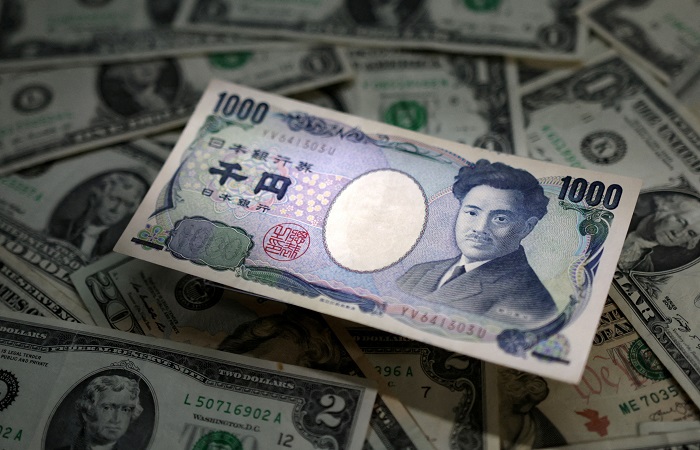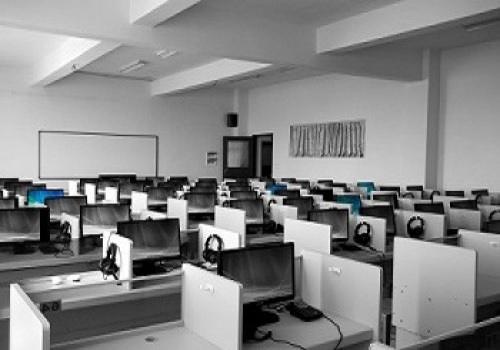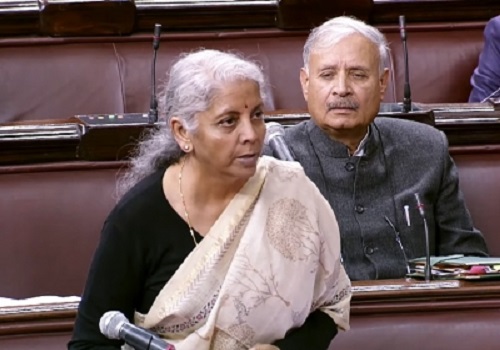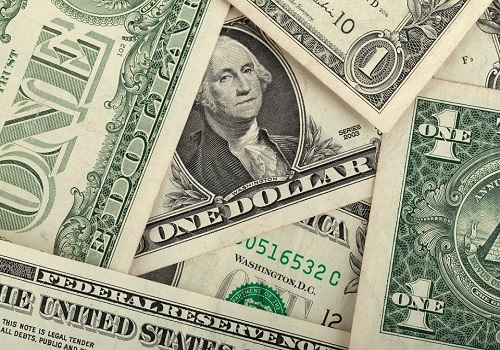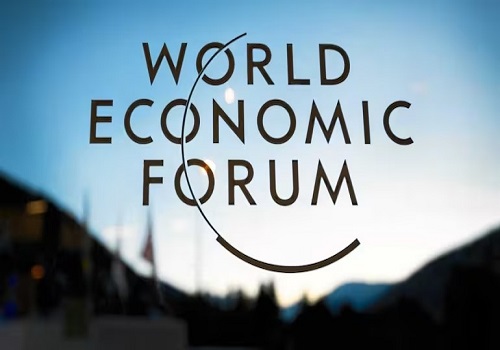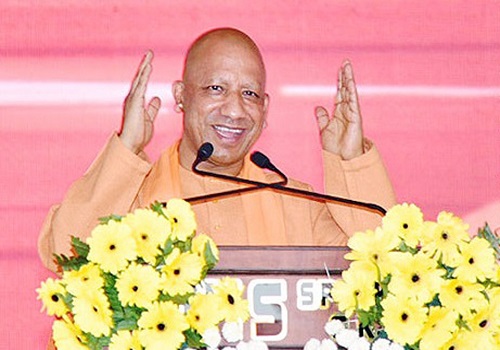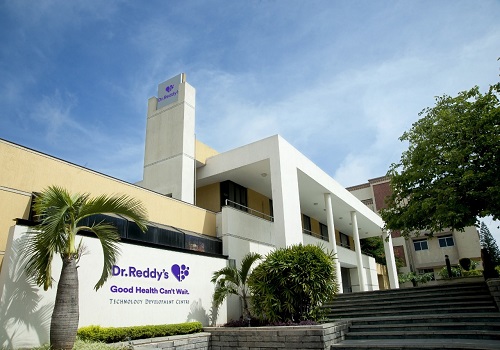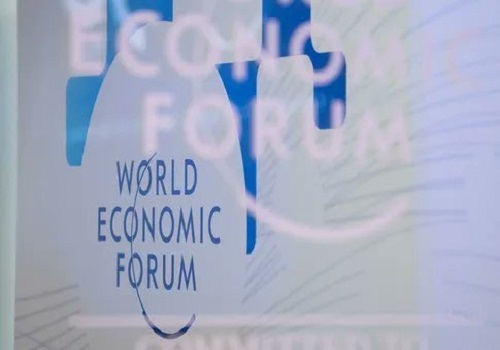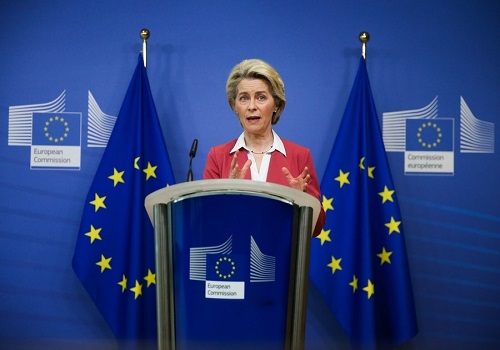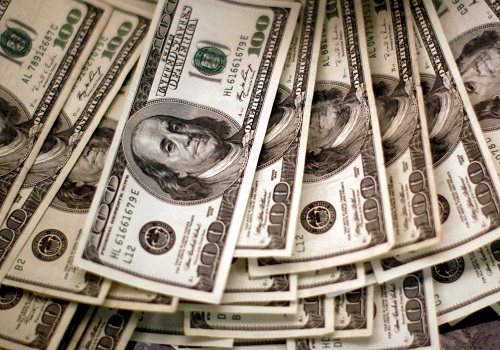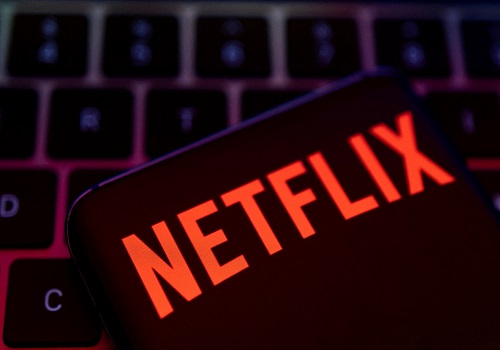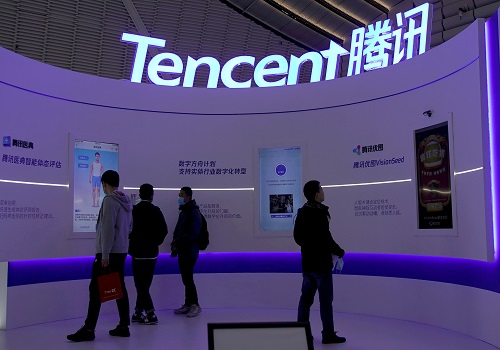WEF 'Davos Agenda' closed with world leaders' global economic concerns
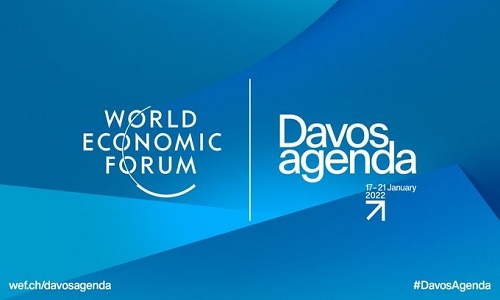
Follow us Now on Telegram ! Get daily 10 - 12 important updates on Business, Finance and Investment. Join our Telegram Channel
The week-long meeting convened leaders on "The State Of The World" -- the Davos Agenda -- closed on Friday with headline-making dialogues by Heads of state and governments, international organisations, business and civil society.
World leaders spoke on the global economic outlook, energy transition, social justice, healthy future and resiliency in their special addresses. It was the first global platform of the year and focused on driving concerted action among key global stakeholders.
"We are seeing challenges mounting from supply chain disruptions to tectonic shifts in labour markets, to inflation figures which are of concern to policy-makers and individuals alike. The year ahead is a crucial one to work together, rebuild trust and shape a better and more inclusive future for all," said Klaus Schwab, Founder and Executive Chairman of the World Economic Forum.
"In the middle of new challenges, the world today needs new avenues, new resolutions. Today, every country in the world needs cooperation with each other more than ever before," said Indian Prime Minister Narendra Modi.
"Our multi-lingual, multi-cultural environment is a great strength that teaches us not just to think of ourselves in times of crisis but to work in the best interests of the world," Modi added.
"Turning this ship around will take immense willpower and ingenuity from governments and businesses alike in every major-emitting nation," said Antonio Guterres, United Nations Secretary-General.
"We see a clear role for businesses and investors in supporting our net-zero goal."
"We need to embrace cooperation and jointly defeat the Covid-19 pandemic. Confronted by the once-in-a-century pandemic, which will affect the future of humanity, the international community has fought a tenacious battle," said Xi Jinping, President of the People's Republic of China.
"Facts have shown once again that amid the raging torrents of a global crisis, countries are not riding separately in some 190 small boats but are rather all in a giant ship on which our shared destiny hinges. Small boats may not survive a storm, but a giant ship is strong enough to brave a storm."
"In order for the world to meet the 2050 net-zero emission goal, we need technologies that do not yet exist, we need inventions that do not exist yet," said Naftali Bennett, Israeli Prime Minister.
"We aren't just focused on achieving a high top line growth number that is unsustainable," said Janet L. Yellen, Secretary of the US Treasury.
"We're instead aiming for growth that is inclusive and green. The economic moment is well suited to accommodate such a modern, supply side expansion."
"A key focus of my administration will be the revitalisation of Japan through a new form of capitalism," said Fumio Kishida, Japanese Prime Minister.
He emphasised that the time has come for "historic economic and social transformations" and that Japan will pioneer a new form of public-private partnership, with leaders of government, industry and labour, all working together to develop paradigm-shifting policies.
"Some will try to tell us dialogue and compromise are forms of weakness, said German Chancellor Olaf Scholz.
"Some will try and pitch climate action against prosperity. Some will argue that social progress hampers economic growth. Some will try to divide us. The truth is the progress we want will only occur if we overcome these divisions. Working together is the only way and restoring trust is our goal."
"Europe's global semiconductor market share is only 10 per cent. And today, most of our supply comes from a handful of producers outside Europe. This is a dependency and uncertainty we simply cannot afford," said Ursula von der Leyen, President of the European Commission.
"We have no time to lose. And this is why I announce here today that we will propose our European Chips Act in early February."
Access to Covid-19 vaccines continues to pose a serious problem for Africa, with fewer than 10 per cent of population fully vaccinated in most countries, said Yemi Osinbajo, Vice-President of Nigeria.
He appealed for patent waivers to permit African countries to manufacture vaccines locally.
"Now is a good time to test global will," he said, in building international cooperation to prepare for new, possibly worse pandemics to come.












 320-x-100_uti_gold.jpg" alt="Advertisement">
320-x-100_uti_gold.jpg" alt="Advertisement">

